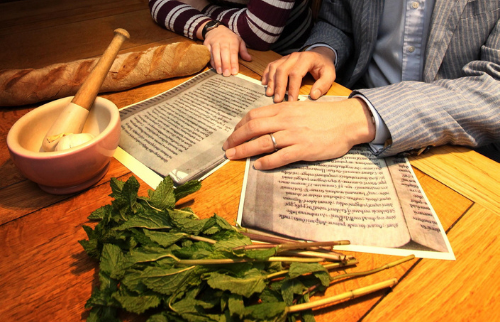Edible History
Offering a new flavour to the past, academics across the Arts and Humanities have been cooking up a storm in the kitchen and sharing fascinating research insights along the way.
Food and the study of food history gives us a unique understanding of how people lived in the past; of different cultures, value systems and ideas of the body. It also sheds light on developing trade systems and cultural synchronicities between regional cuisines.
Here we share research and recipes, enabling all to recreate a slice of history at home.
Durham University Kitchen: Zalābiyya
Daniel L Newman is joined by Giles Gaspar and Amanda Herbert to recreate a 13th century Andalusian recipe zalābiyya - demonstrating the long held popularity of deep frying!
Feasting in Fujairah: Medieval Arab Cooking
Daniel Newman, Professor of Arabic Studies in our School of Modern Languages and Cultures, recently curated three medieval banquets in Fujairah, United Arab Emirates.
Discovery of a mysterious medieval recipe collection
Daniel L Newman, Professor of Arabic Studies, tells us about a manuscript he has recently discovered in the Wellcome collection which informs us about the earliest tradition of medieval Arab cooking and shows the link between pharmacological recipes and culinary recipes.
Raw Livers and Rampant Lovers: The South Asian Witch as a Consuming Force
This event will discuss Durham PhD scholar Annie Zaidi's doctoral research on witches in contemporary South Asian fiction, including the theory that ‘consumption’ by a witch-protagonist is more metaphoric than literal and used to express popular ideas about women’s bodies and appetites.
Arabic culinary tradition at COP28
A date tasting workshop through a number of carefully selected recipes
Festive traditions were once a foodie adventure
Winter celebrations such as Christmas and New Year have long been associated with feasting. But, what are now seen as festive food traditions (think mince pies and richly spiced fruit cakes) were once a bold and daring foodie adventure, writes Dr Amanda Herbert.
Recipe for Zalābiyya
Create zalābiyya at home
Medieval Festive Feasting
Medieval great halls were at the heart of the festive season – here the community kept warm by staying together
Professor Giles Gasper outlines the importance of food, a shared warm space, and what we have in common with those living in medieval times.
Exploring the Medieval Christmas Table
There is no escaping that food plays a central role in Christmas celebrations across the world. However, it’s unlikely that many of us will be cooking quite the variety, or volume, of foods seen in large medieval households!
Eat Medieval Summer School, 2- 6 September 2024
Join us for another week of fun and interactive medieval cookery where you’ll learn all about what and how our predecessors from the middle ages cooked and ate. This five day course is hosted between Blackfriars former 13th century Dominican friary and Durham University
The Fantastical Feasts of England’s First Celebrity Chef
Pastry warships, frogs hopping out of pies, and other spectacles devised by Robert May.
San Francisco’s Famous Sourdough Was Once Really Gross
Long before it became a viral food trend or social-media sensation, American sourdough was surprisingly disgusting. Amanda Herbert and David Woodworth track the bread back to it's roots in the Northern California Gold Rush 1849.
A 'Recipe' for Chocolate on a Nineteenth Century Cup
Freddy Fossey-Warren, currently studying for an MA in History, examines a porcelain cup housed in our collections at the Oriental Museum.
Professor Daniel Newman unravels the culinary secrets of medieval Arab cuisine
Dialogue Magazine speaks to Daniel to find out more about his research and his passion for medieval Arab food.
Exploring the linguistic history of chocolate
Jamie Paterno Ostmann, a PhD student in our Department of History, explores different theories regarding the origins of the word ‘chocolate.’


/prod01/prodbucket01/media/durham-university/external-location-photography-/city-shots-/82922-1-1920X290.jpg)





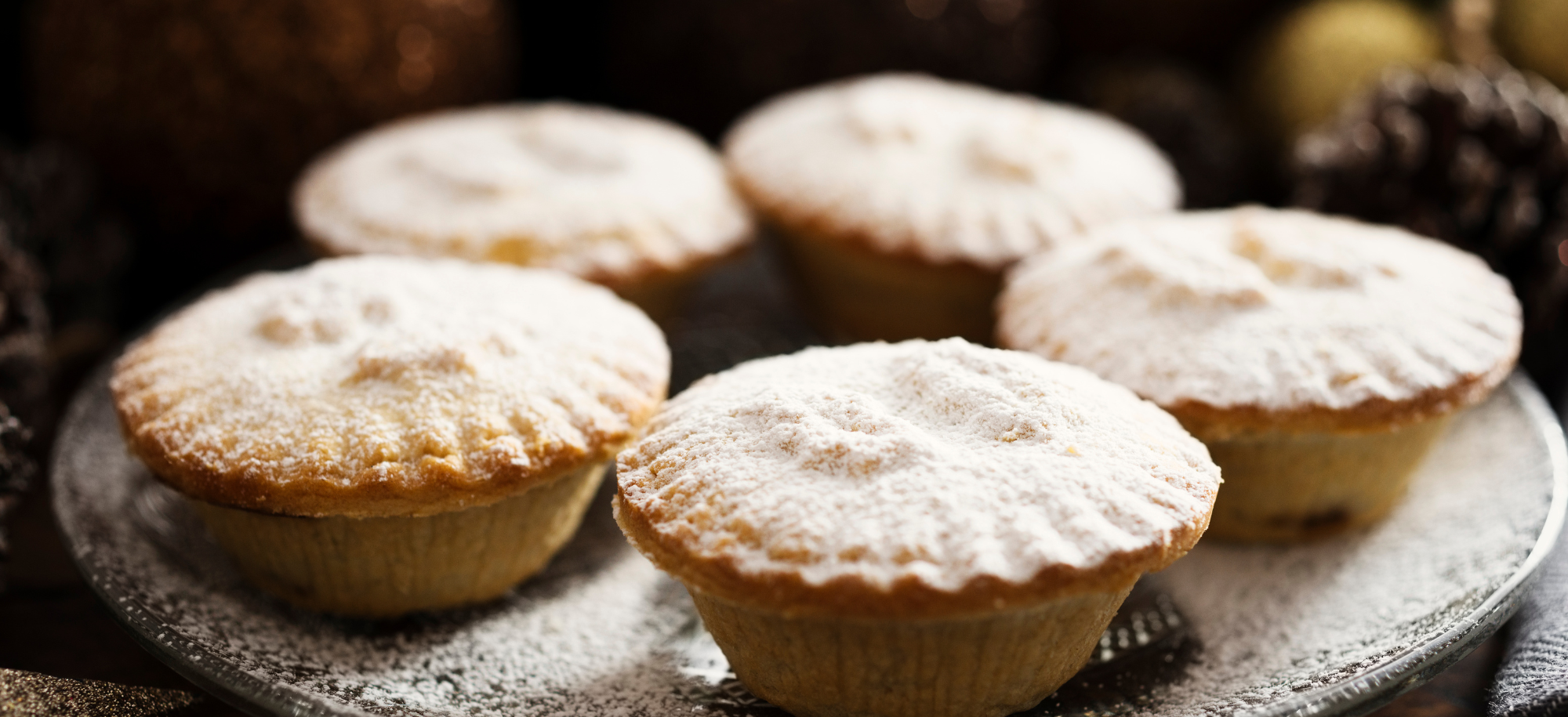
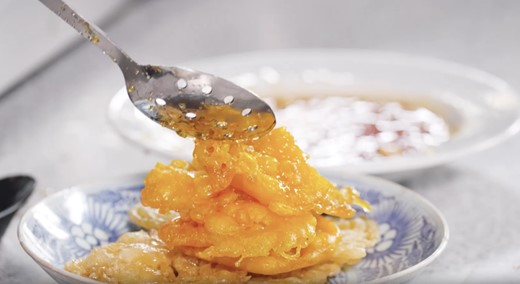
/prod01/prodbucket01/media/durham-university/research-/medieval-thought-leadership.png)
/prod01/prodbucket01/media/durham-university/central-news-and-events-images/Medieval-feasts-web-image.png)
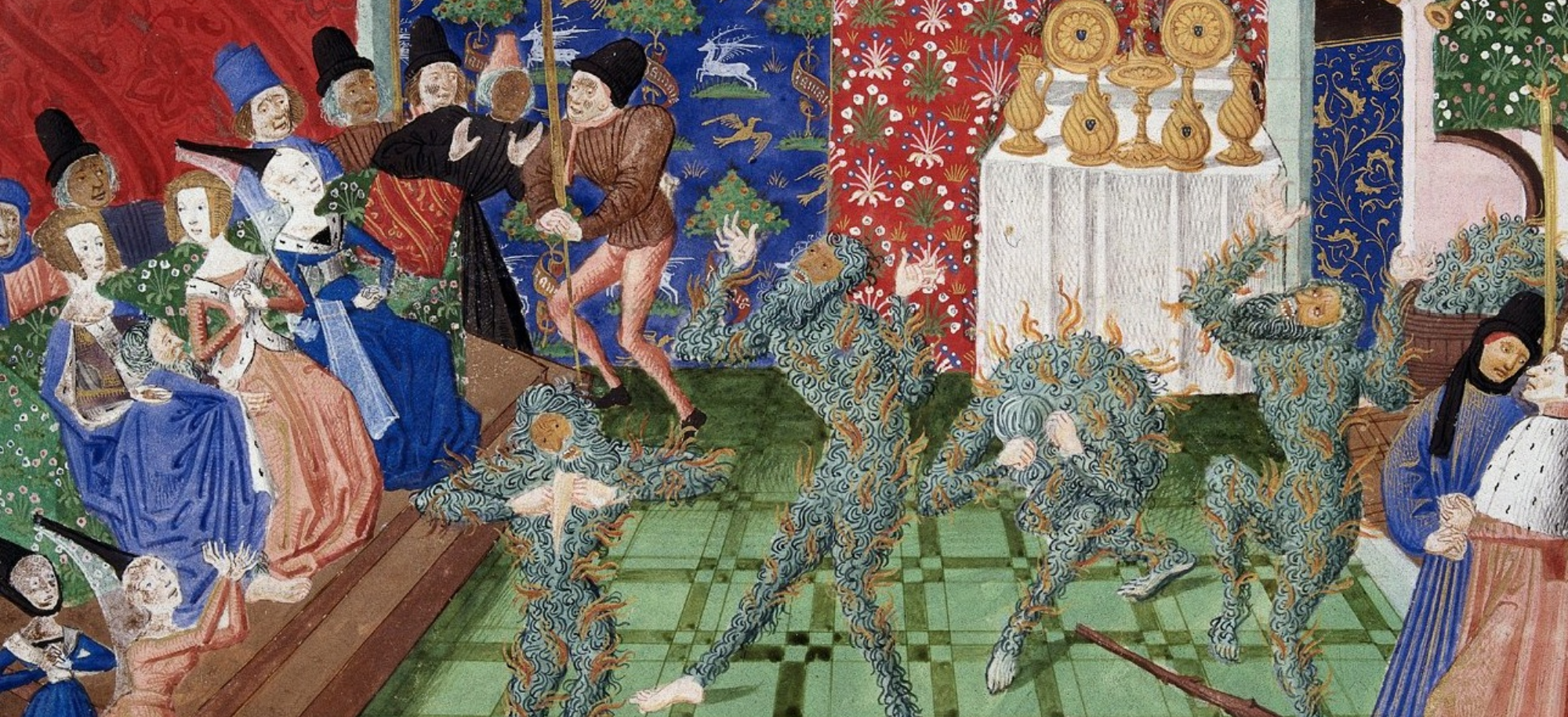
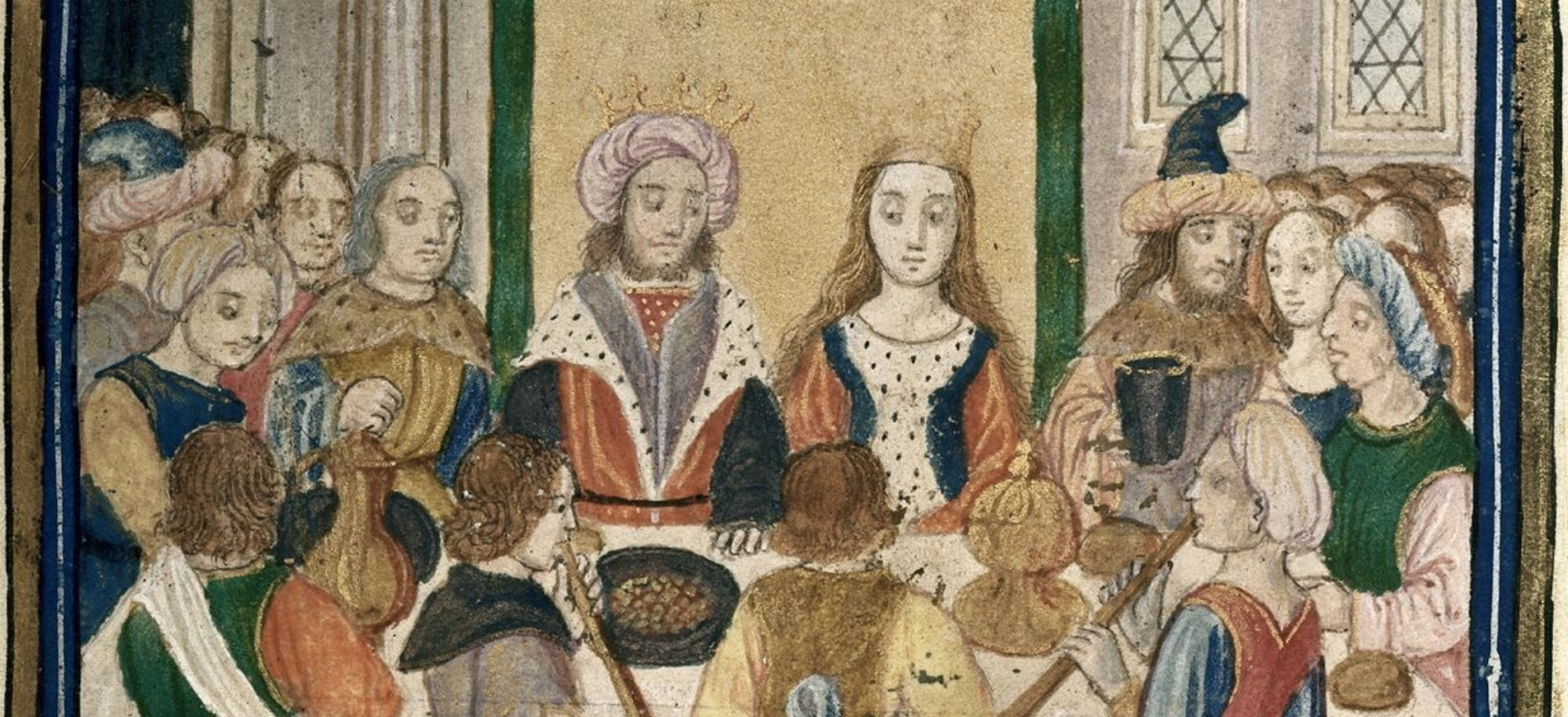
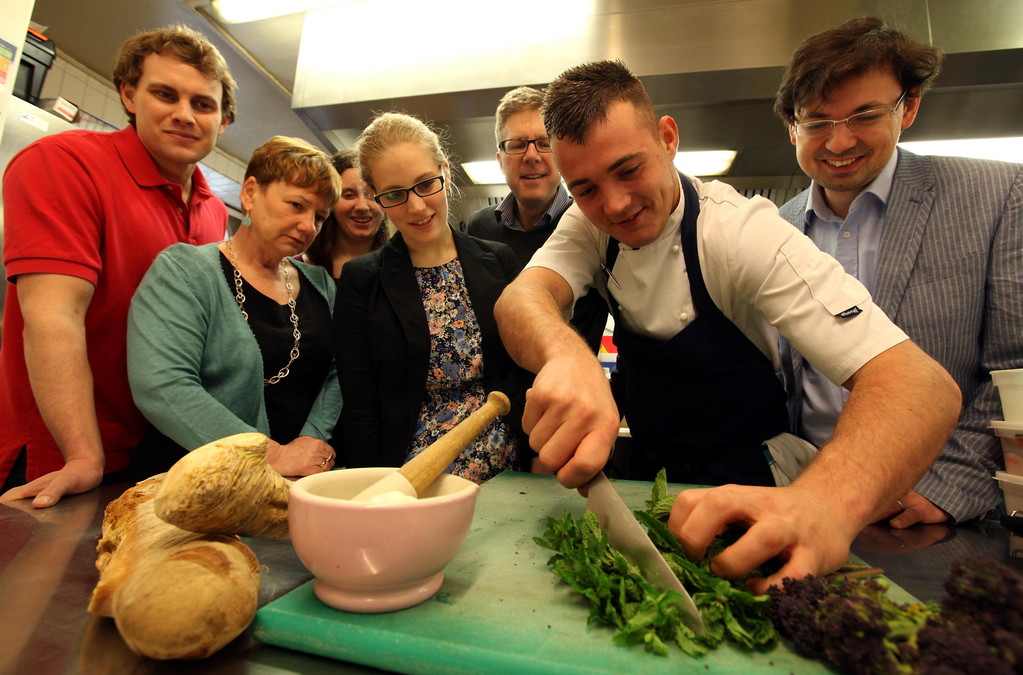
.jpg)
.jpg)



